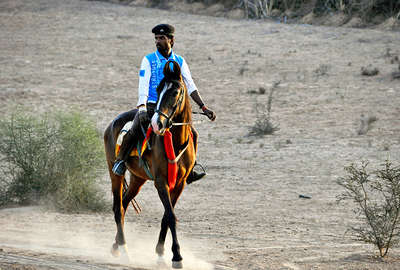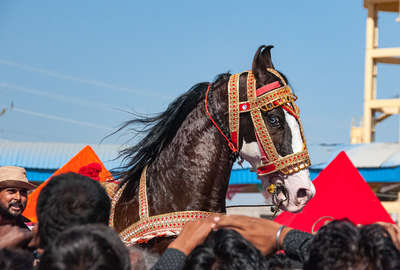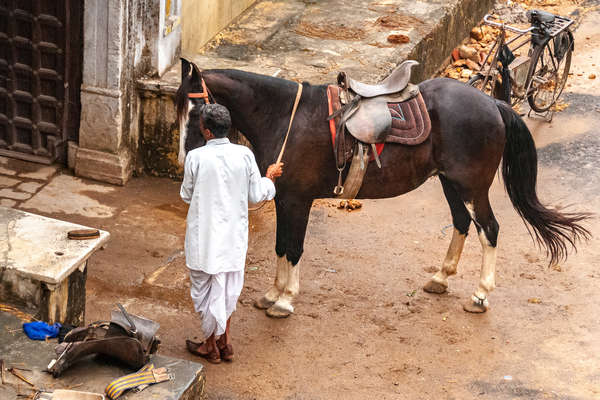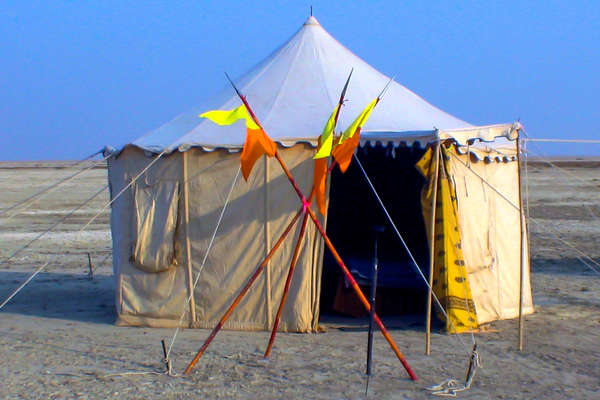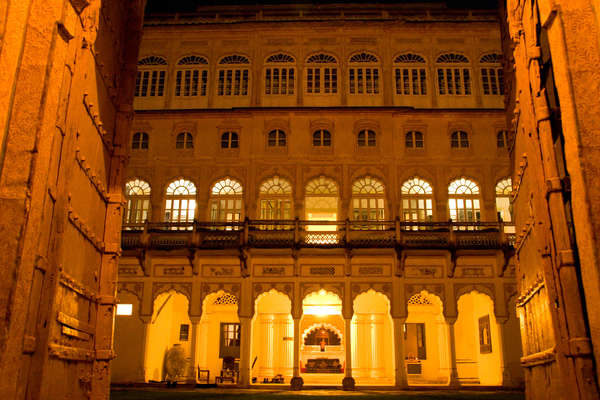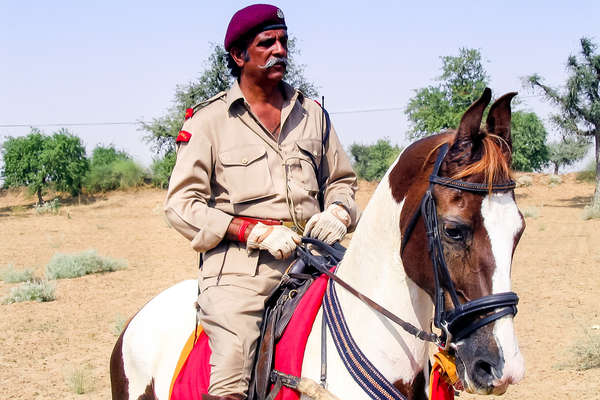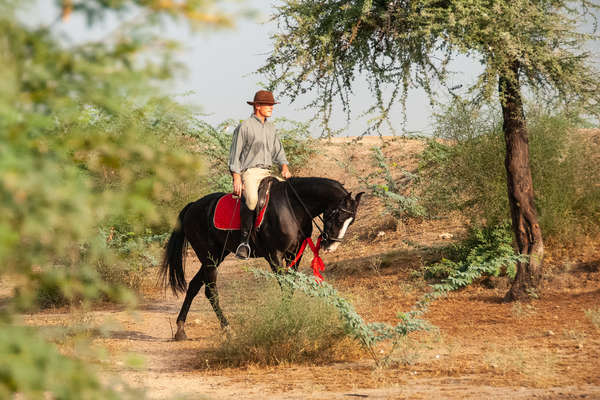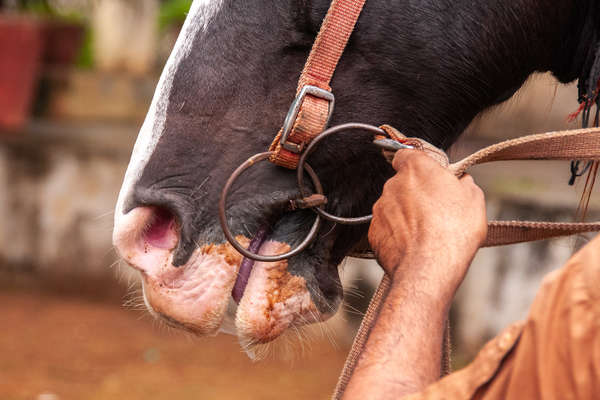Please refer to your home country's Foreign Office website for up-to-date information. This section predominantly refers to UK citizens, and advice can vary depending on your nationality. Although we endeavour to keep this section updated, requirements can change quickly, and your home country's Foreign Office website takes precedence.
Visas
Visas for India are required by Australian, British, USA, Canadian and other EU nationals.
Nationals not referred to are advised to contact their embassy to check visa requirements for India.
Visa note:
Certain parts of the country have been designated protected or restricted areas that require special permits and in some cases prior government authorisation. You should indicate your intent to visit a specific restricted region when applying for a visa and a permit will be granted to visit that region only. It is advised that you apply for the special permit for restricted areas when you enter India by visiting the FRRO (Foreign Regional Registration Office) which has offices in all major Indian airports and cities. You must complete an additional form, but there is no fee for a restricted area permit.
Passengers are advised to check with the consulate for up-to-date information before departure. You must fill in application forms completely, and with as much detail as possible, otherwise the application may be rejected and a new application only allowed after three months have passed.
You should be aware that there have been changes made by the Indian Government, on visa formalities for foreigners who are hospitalised in India, when travelling on a short-term tourist visa. If you or someone you are travelling with is travelling on a tourist visa and is hospitalised, we would advise you to immediately get in touch with the local Foreigners Registration Office (FRO) to check if visa conversion is required.
Visa procedure:
You’ll need to get a visa before travelling to India. You can find further information about how to apply on the Indian High Commission website (
https://www.hcilondon.gov.in/index/ ).
Make sure you get the right visa for your travel and that it’s valid for the purpose and duration of your stay. If you enter India on the wrong visa, you could be detained on arrival and you may be deported and blacklisted, meaning that you can’t enter India again. Make sure you meet entry requirements. Tourist visas can’t be extended while in India.
From 1 April 2017, the length of stay on an e-visa has been increased from 30 days to 60 days with double entry on tourist and business e-visa and triple entry on medical e-visas. This means you can stay for or re-enter within 60 days of the date of your first entry into India on your e-visa. However, you must leave the country before your visa expires, irrespective of when or how many times you enter. When you arrive at the airport, your passport will be stamped and an expiry date for your e-visa will be handwritten by an Immigration Officer. Please be aware that 60 days is not automatically equal to two calendar months. Check the date that is written on your passport and make sure you leave the country before your visa expires.
Holders of passports endorsed ‘British citizen’ who meet the eligibility criteria can apply for a double entry e-Tourist Visa (e-TV) to enter India at certain designated airports. You can find more information about the eligibility criteria on the government of India’s e-Tourist Visa website (
https://indianvisaonline.gov.in/evisa/tvoa.html ). Beware of fake websites offering the e-TV service. You should check carefully whether or not you’re eligible for an e-TV before you apply. British subject, British protected person, British overseas citizen, British national (overseas) and British overseas territories citizen passport holders aren’t eligible to apply for an e-TV.
Time required
All visa applications in the UK now have to be filed online at
https://www.vfsglobal.com/en/individuals/index.html . After the mandatory electronic filing of visa applications, applicants are asked to submit printed copies of their applications, photos, passports and fees to respective Indian Visa Application Centres (IVACs). Processing times vary at the sole discretion of the High Commission of India and its consulates in the UK, and some applications may take longer than others to get processed. You should confirm your travel plans only after obtaining the visa.
Postal applications take a minimum of 10 working days (not including transit). In addition, if the High Commission or the Consulate General requires an applicant to attend an interview, the India Visa Application Centre will contact the applicant and inform them of the date and time of the interview accordingly.
Passport validity
A passport valid for at least 180 days and with at least two blank pages is required by all Australian, British, USA, Canadian and other EU nationals.
Your passport must be machine readable, with 2 blank pages for your visa and valid for a minimum of 180 days at the time of your visa application. However, the guidelines regarding passport validity on arrival in India are unclear. To avoid possible problems at immigration, make sure your passport is valid for a minimum of 180 days at the time of entry into India.
India’s Bureau of Immigration has announced that with immediate effect, foreign nationals who arrive at an Indian port holding non-machine readable passports will be denied entry. Carriers who transport foreign passengers holding non-machine readable passports may be subject to a fine.




